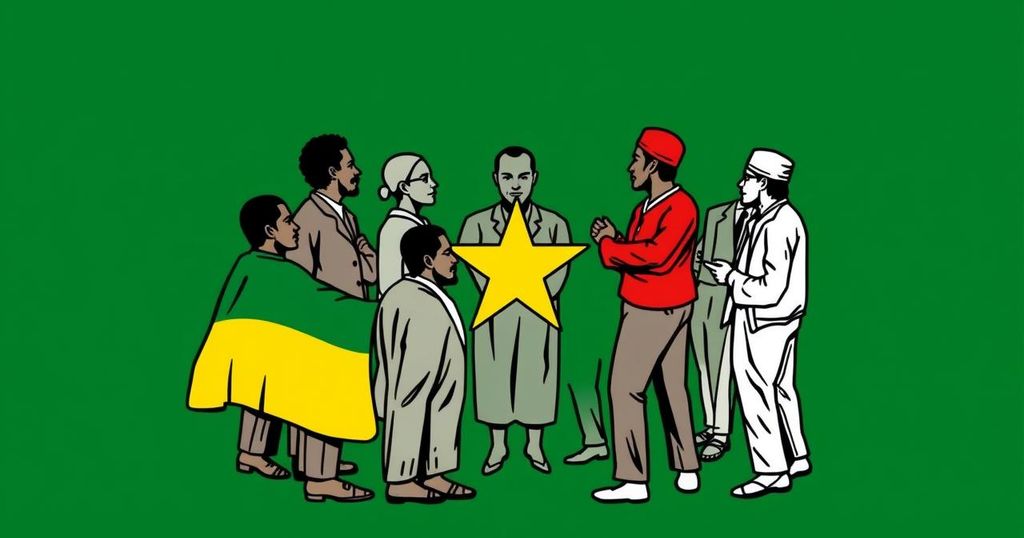Egypt, Eritrea, and Somalia have formed an alliance aimed at countering Ethiopian influence in the Horn of Africa, following a meeting in Asmara. This coalition seeks to bolster Somalia’s military capabilities to combat terrorism while potentially inviting further conflict with Ethiopia, amid ongoing geopolitical tensions concerning the Nile and regional security dynamics. Critics warn of the risks associated with these alliances potentially rekindling historical rivalries and internal discord.
In a significant geopolitical shift within the Horn of Africa, Egypt has formed a strategic alliance with Eritrea and Somalia, aiming to counter perceived Ethiopian aggression under Prime Minister Abiy Ahmed. This collaboration was solidified during a recent summit in Asmara, where the leaders of Egypt, Eritrea, and Somalia committed to strengthening military ties and enhancing Somalia’s governmental capability to address internal security issues, particularly combating terrorism. The discussions included Egypt’s involvement in replacing Ethiopian peacekeepers in Somalia with its own troops, a move indicating a clear realignment in regional power dynamics. Historically, Ethiopia and Eritrea were rivals; however, they joined forces to combat the Tigray People’s Liberation Front (TPLF) during the Ethiopian civil war from 2020 to 2022. The recent actions by Eritrea and Egypt suggest a desire to rekindle hostilities with Ethiopia, especially following its agreement with Somaliland to access the Red Sea, which Somalia considers its territory. This geographic and strategic dispute, along with Egypt’s longstanding concerns over Ethiopia’s Nile dam project, contributes to rising tensions. Critics warn that Somalia’s president is inviting potential proxy conflicts that may awaken clan rivalries within the nation, complicating the internal socio-political environment. A direct confrontation remains unlikely due to Somalia’s weakened military stance against al-Shabab. Nonetheless, the burgeoning alliance between Egypt and Eritrea could lead to renewed clashes, exacerbated by ongoing geopolitical competition in the region, particularly involving external actors like Saudi Arabia, Turkey, and the UAE who support opposing factions in Sudan’s civil war. Analysts fear this coalition may inadvertently bolster al-Shabab’s recruitment efforts as it positions itself against foreign military presence in Somalia.
The emergence of a coalition comprising Egypt, Eritrea, and Somalia signifies a strategic response to what these countries perceive as an aggressive stance from Ethiopia under Abiy Ahmed. The historical context is crucial; Ethiopia and Eritrea had previously been locked in conflict but aligned against the TPLF amid Ethiopia’s civil unrest. The geopolitical landscape is further complicated by ongoing disputes over the Nile River and access to the Red Sea, key resources for these nations, which have been a source of friction for decades. Moreover, external involvement from nations such as Turkey and the UAE, as well as historical rivalries in Somalia, adds layers of complexity to this newly formed alliance.
The new alliance between Egypt, Eritrea, and Somalia poses significant implications for regional stability in the Horn of Africa. With this coalition, the balance of power is shifting, potentially leading to heightened military confrontations and complex political dynamics, especially involving internal divisions within Somalia and Ethiopia’s ongoing territorial aspirations. If left unchecked, these developments may fuel violence and exacerbate humanitarian crises in the region, highlighting the urgent need for diplomatic engagement.
Original Source: foreignpolicy.com






